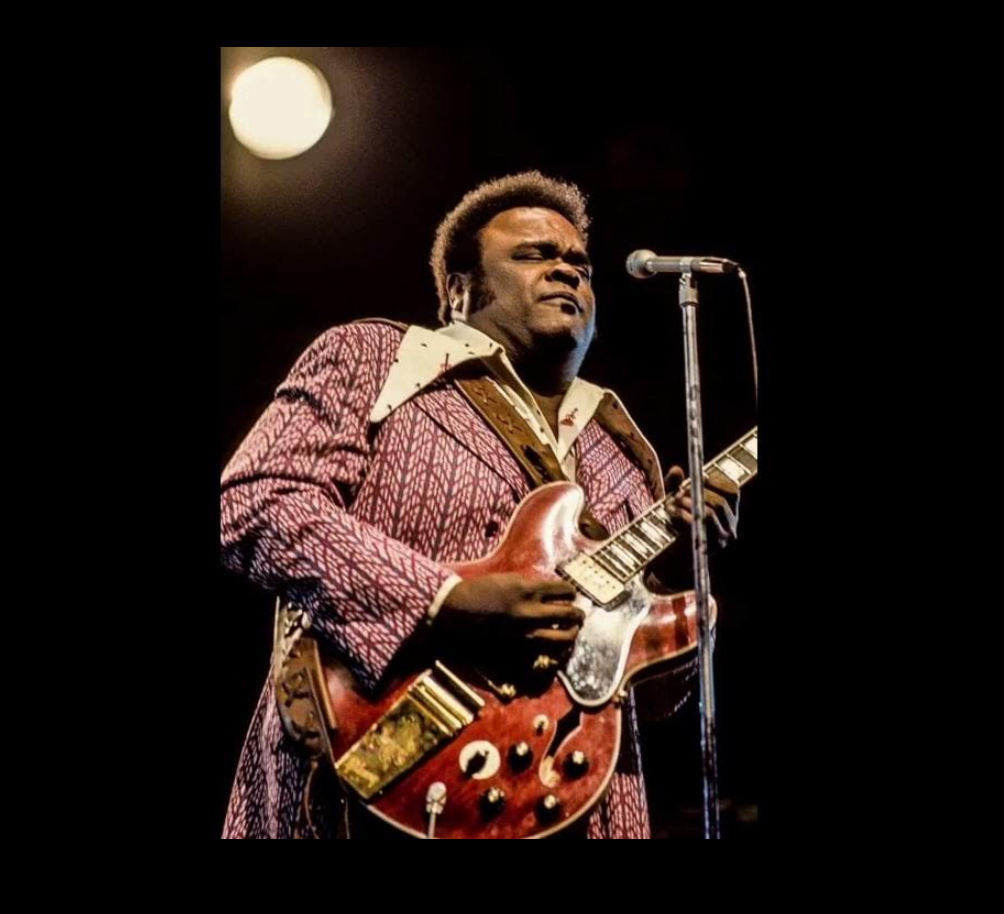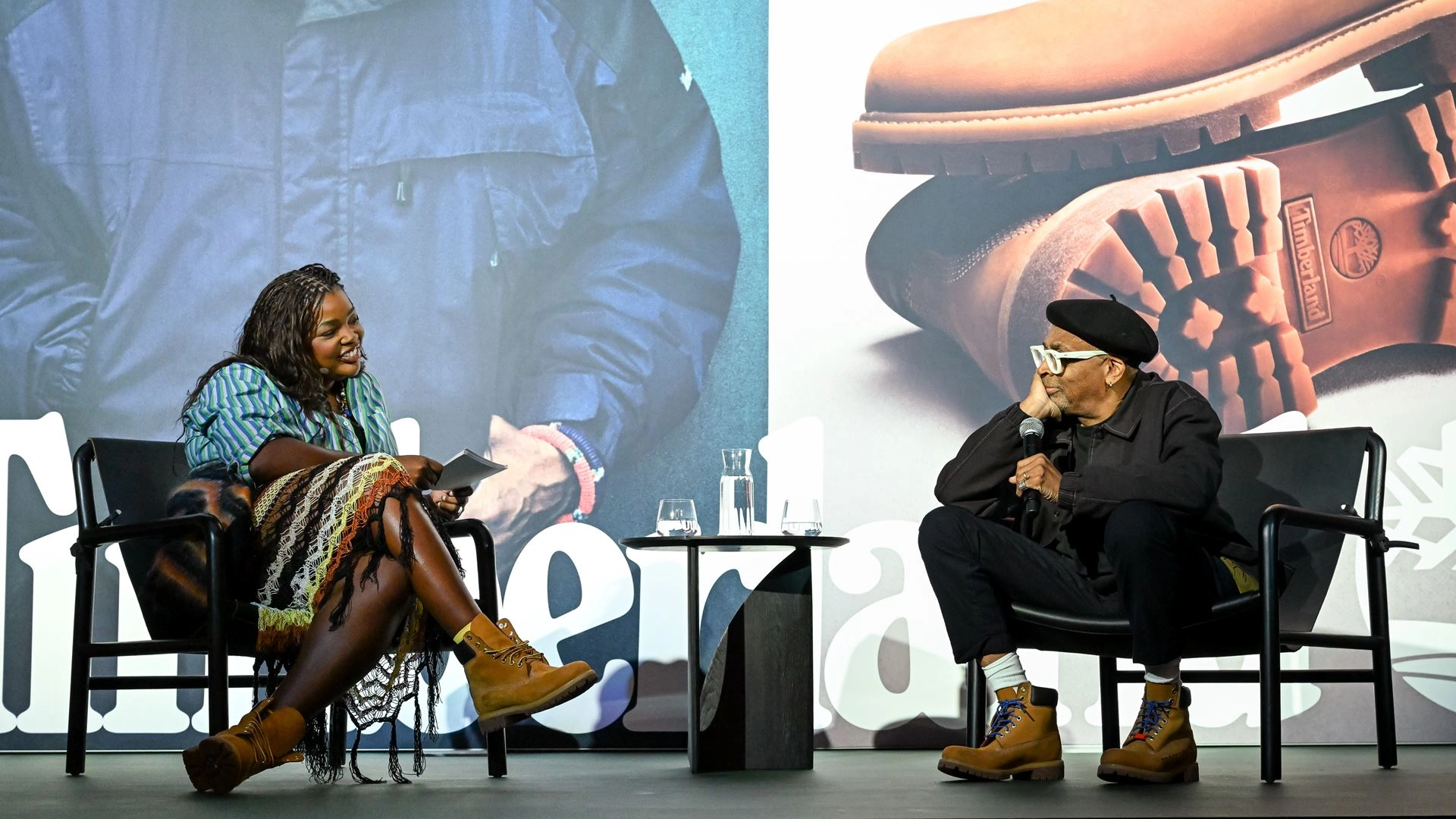Freddie King, one of the most influential blues guitarists of all time, left behind a legacy of electrifying music that continues to inspire generations. Among his many celebrated songs, “Going Down” stands out as a hard-hitting blues-rock anthem, showcasing King’s fiery guitar work and emotional intensity. Originally written by Don Nix, the song became one of King’s signature tracks, influencing countless rock and blues musicians.
The Origins of “Going Down”
“Going Down” was written by Don Nix, a songwriter, producer, and musician known for his work with southern blues and rock artists. Nix was part of the Memphis music scene and collaborated with many legendary figures in blues and rock. The song was originally recorded by Moloch, a blues-rock band featuring guitarist Lee Baker, in 1969. However, it was Freddie King’s 1971 version that truly gave “Going Down” its legendary status.
At the time, King had signed with Shelter Records, a label co-founded by Leon Russell. Under Russell’s production, King’s music took on a more rock-oriented sound, blending blues with high-energy rock elements. This era of his career was pivotal, allowing him to reach a wider audience beyond traditional blues listeners.
When King recorded “Going Down”, he transformed it from a blues-rock number into a full-throttle, hard-hitting blues explosion. His scorching guitar tone, raw vocal delivery, and driving rhythm section made the song a staple of blues-rock performances.
Freddie King: The Texas Cannonball
Freddie King was born in Gilmer, Texas, in 1934, but later moved to Chicago, where he developed his unique guitar style. Blending Texas and Chicago blues, King created a sound that was both fiery and melodic.
Nicknamed the “Texas Cannonball” due to his explosive playing style and powerful stage presence, King became one of the “Three Kings of the Blues Guitar” alongside B.B. King and Albert King. Unlike the other two Kings, Freddie infused his music with an aggressive, rock-driven energy, making him a favorite among younger audiences and rock musicians.
His ability to merge blues phrasing with fast, stinging licks influenced Eric Clapton, Jeff Beck, Peter Green, Stevie Ray Vaughan, and Billy Gibbons, among many others. “Going Down” became one of the key songs that showcased his electrifying technique and emotive vocals.
Musical Breakdown of “Going Down”
“Going Down” is a blues-rock powerhouse, built around a simple but incredibly effective riff that drives the song forward. Here’s a closer look at its musical components:
The Riff:
The song is anchored by a descending blues scale riff, which gives it a feeling of movement and urgency. This riff is repeated throughout the song, serving as both an intro and a central motif.
The Guitar Tone:
Freddie King was known for his biting, overdriven tone, often achieved through his Gibson ES-345 guitar and a cranked-up amplifier. His attack was aggressive, and his phrasing was full of bends, vibrato, and rapid-fire picking.
The Vocals:
King’s vocal delivery on “Going Down” is raw and impassioned, matching the intensity of his guitar playing. He sings the lyrics with a sense of desperation and energy that makes the song feel urgent and emotionally charged.
The Rhythm Section:
The bass and drums drive the song forward with a relentless groove. Unlike traditional slow blues, “Going Down” has a rock and roll intensity, making it a perfect crossover hit for rock and blues audiences alike.
The Soloing:
Freddie King’s solos in the song are a masterclass in blues-rock lead guitar. He uses:
•Fast-picked runs
•Heavy string bending
•Sustained notes for emotional impact
•Call-and-response phrasing with the rhythm section
These elements made “Going Down” a guitarist’s favorite, inspiring players to cover and reinterpret it for decades.
Impact and Legacy of “Going Down”
“Going Down” has been covered by numerous artists across different generations, proving its lasting power. Some of the most notable versions include:
Jeff Beck (Live and Studio Covers)
Jeff Beck made “Going Down” a staple of his live shows, adding his signature fusion of blues and rock. His rendition features intricate phrasing, whammy-bar dives, and aggressive picking, all while staying true to King’s original energy.
Eric Clapton
Clapton, a longtime admirer of Freddie King, frequently performed “Going Down” in tribute to his influence. His version leans into a smoother, more fluid blues phrasing while retaining the song’s power.
Joe Bonamassa
Modern blues-rock titan Joe Bonamassa has performed “Going Down” as part of his high-energy setlists, often incorporating extended solos and audience participation. His take on the song introduces contemporary blues-rock production while paying homage to King’s original style.
Deep Purple
Deep Purple incorporated “Going Down” into their live medleys, blending it with their hard rock sound. Guitarist Ritchie Blackmore’s aggressive approach fit well with the song’s riff-driven structure.
The Rolling Stones and Other Rock Bands
The Rolling Stones, ZZ Top, and Aerosmith have all cited Freddie King as a key influence, and the song’s blues-rock structure has made it a favorite among rock musicians.
Freddie King’s Influence Beyond “Going Down”
While “Going Down” is one of Freddie King’s most famous songs, his broader influence on blues and rock music is undeniable. Some of his other iconic tracks include:
•“Hide Away” – A blues instrumental that became a standard for guitarists.
•“The Stumble” – Another instrumental that highlights King’s incredible phrasing.
•“Have You Ever Loved a Woman” – A slow blues number covered by Eric Clapton.
•“Big Legged Woman” – A funky blues jam with infectious grooves.
His ability to bridge traditional blues with the energy of rock music made him a key figure in shaping modern blues-rock.
Impression
“Going Down” is more than just a song—it’s a blues-rock anthem that encapsulates the power and passion of Freddie King’s music. With its driving riff, searing guitar solos, and raw vocal energy, the track continues to inspire musicians across multiple genres.
Freddie King’s impact on blues, rock, and guitar playing remains profound. From Eric Clapton and Jeff Beck to modern blues players like Joe Bonamassa, his legacy lives on.
No comments yet.








